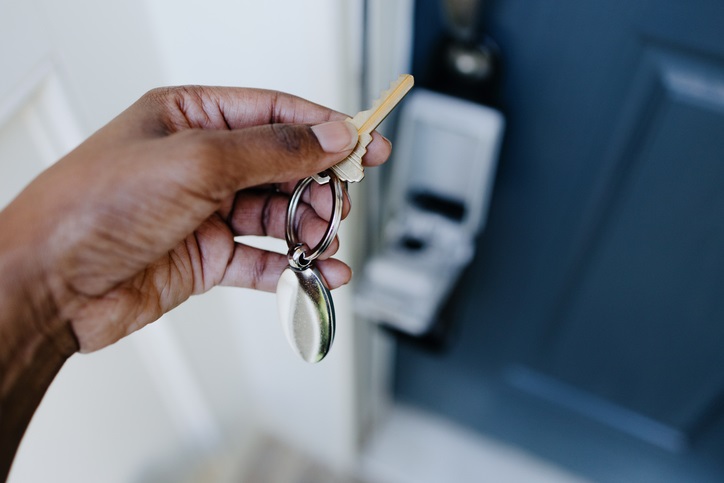
- You have the option of getting a bond when buying your first house.
- But, a credit check will determine whether you are eligible.
- A financial advisor says people should not rush into buying a house and should do their research first.
Buying a house is an enormous commitment that you should plan for extensively because there are many factors you should consider.
From bond applications to picking the right area, it surely is a process that requires much admin and, if rushed, you might find yourself buying a house you cannot afford or you do not enjoy living in.
Financial planner Thobelani Thwala shares some tips on how to prepare for purchasing your first home.
Bond application
Thobelani explains that a bond is a credit agreement between an individual and a bank. He categorises it as a secured loan, meaning that there is a possession attached to that loan.
“So, they are giving you finance for a specific purpose,” Thobelani says.
You will apply for the loan and what will determine your success will be your credit check. This is where they check your income and calculate your current debt obligations such as vehicle finance and credit cards. Your living expenses are also considered during a credit check.
Once your income, debt obligations and expenses are all tallied up, you will either receive a 100 percent bond, which covers the entire amount of the house, or a 100 percent plus bond where banks offer to give you a loan that surpasses the amount of the house.
With a 100 percent plus bond, you will be able to pay for additional costs such as transferable taxes and renovations, if you are moving into an old house.
At times your credit score indicates that you are only capable of paying a certain amount of the bond and the bank might give you a loan that does not cover the entire price of the house.
Bond payment
Thobelani states that bond payments usually take close to 20 years but the number of years can be increased. This means that you will repay a lower instalment but the interest rates will be higher and it will take longer for you to complete the bond payment.
Thobelani advises against longer home loan terms and he believes a 20-year bond is better than a 30-year bond.
READ MORE | 5 ways to pay off your bond sooner
Instalments and interest rates
Instalments are not fixed.
“It comes with a variable interest rate. Meaning that if interest changes and increases, your monthly instalment automatically increases as well,” says Thobelani.
He encourages first-time home buyers to only agree to a bond agreement if they can afford the instalments and still have extra money left after paying the instalment in case the interest rate increases and the instalments increase as well.
He adds that you do not have to agree to the suggested interest rate by the banks and you have the option of negotiating before committing yourself to the credit agreement.
Additional costs to consider
Thobelani says people should avoid rushing into buying houses just because they can afford the bond instalments. “You [must] understand other cost implications before buying a house.”
The bond payment is not the only financial priority for a house. If you are buying a used house, you might need to consult with a lawyer and pay transferable taxes. After purchasing a used house, you might also need to do some renovations.
You can also kickstart your bond payments with a deposit and Thobelani says that you should try aiming for at least a 10 percent deposit.
Research
Going on to picking your first dream home, it is important to consider things such as the area and the common housing costs around that area.
Thobelani says you should find out whether the value of the house is appreciating or depreciating in case you consider selling the house as time proceeds.
You should also consider the safety of the area, whether the area has nearby schools for your children, whether the area has nearby shops, and whether you will be able to easily commute to work.
Saving
“Prolong the process of buying,” Thobelani states as he reaffirms that people should avoid rushing into buying houses and they should rent for as long as they can while saving up for their dream home. “You don’t buy something that you just afford,” he adds.
Saving can help you pay for additional costs such as transferable taxes, a deposit fee and renovations.
Furthermore, if you have saved enough then you can pay a bit more for the monthly bond instalment and finish paying for the loan quicker.
Negotiating for a discount
Similar to the bond’s interest rate, you can also negotiate for a discount from the initial price of the house from the seller.
Thobelani suggests that you should get a property evaluator who will “spot certain things that you might not necessarily be able to spot” - such as infrastructure damages. You can then raise the issues the evaluator found to negotiate for a discount but you should ensure that you use the discounted amount to fix the problems that have been identified.
Alternatively, you can ask the seller to fix the problems that have been identified themselves and this will help you to avoid spending any additional costs on damages in the future.











